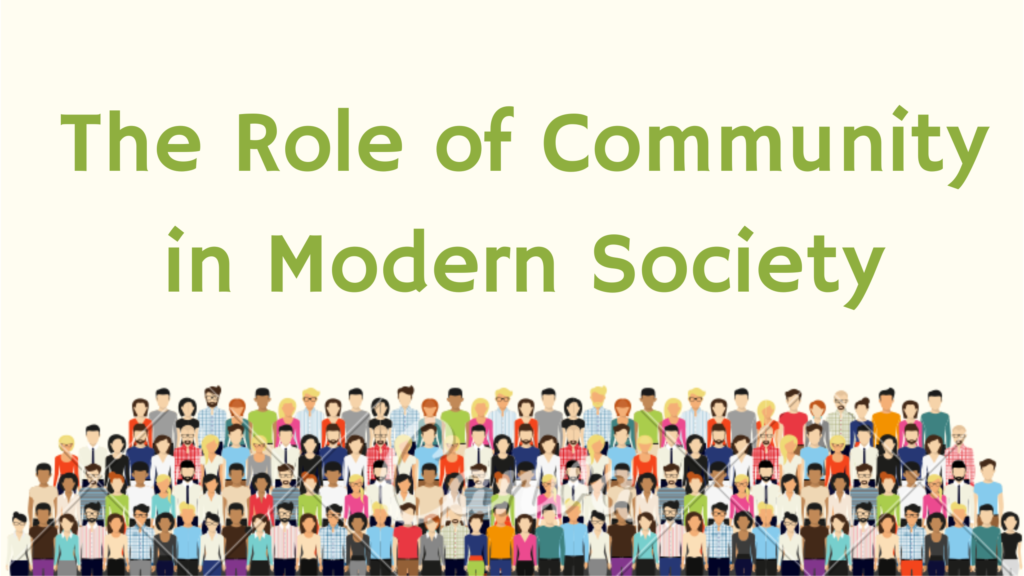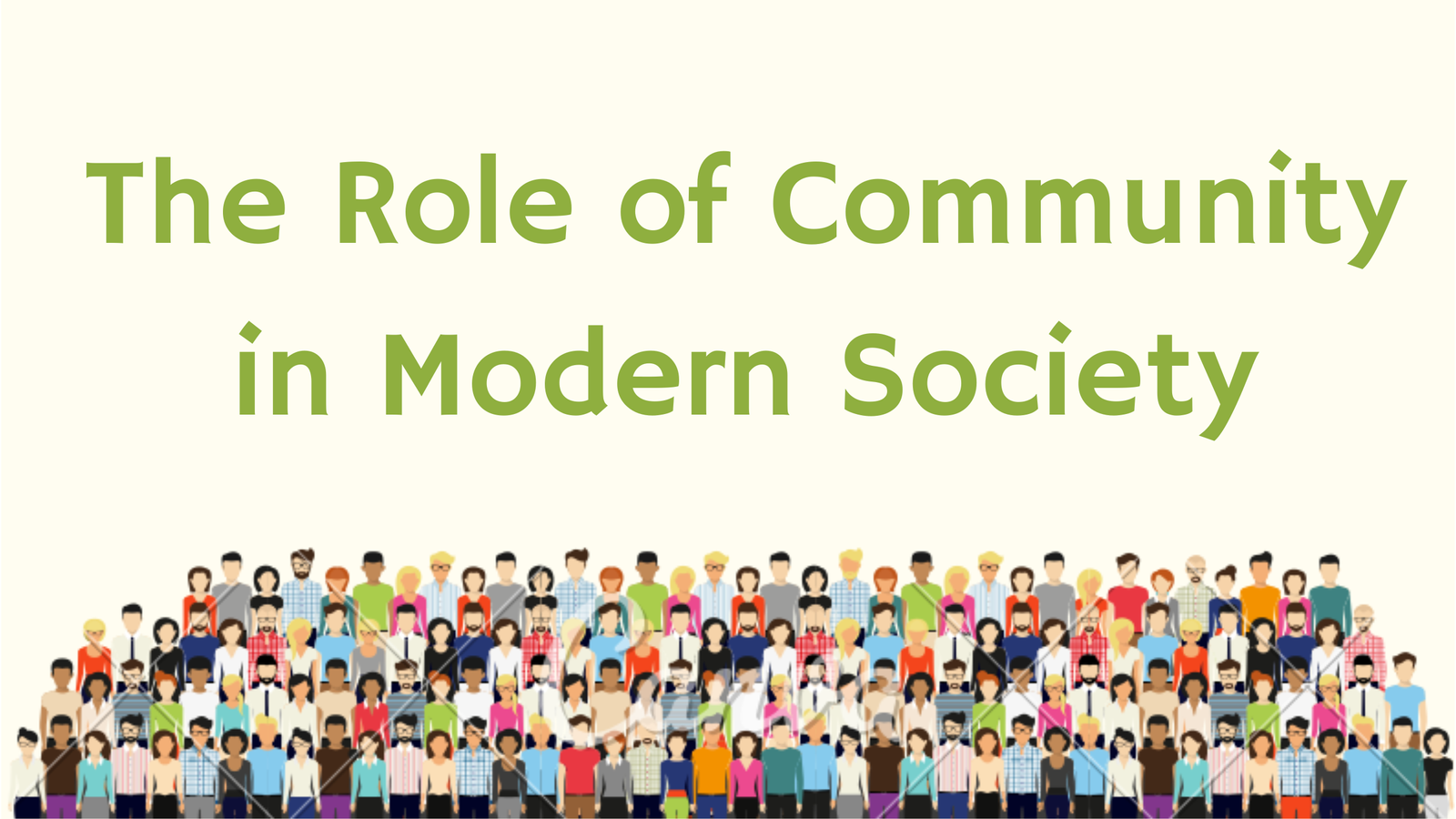In an era characterized by rapid technological advancements and globalization, the concept of community has evolved significantly. Traditionally, communities were defined by geographical boundaries and shared local experiences. Today, they encompass a broader spectrum, including virtual networks and global collaborations. Understanding the role of community in modern society involves exploring both the challenges and opportunities that come with this transformation.

The Evolution of Community
Historically, communities were built around physical proximity and shared local activities. Neighbors knew each other, and social interactions were centered around common spaces like markets, places of worship, and public gatherings. As society has progressed, the definition of community has expanded to include online forums, social media groups, and global networks.
The rise of the digital age has allowed people to connect across vast distances, creating new forms of community that transcend geographical and cultural barriers. Virtual communities have emerged, where people with common interests or goals can interact and collaborate without ever meeting in person. While this has opened up numerous opportunities, it has also introduced new challenges that affect the traditional sense of community.
Challenges Facing Modern Communities
- Digital Divide: One of the most significant challenges facing modern communities is the digital divide. While the internet has enabled many to join global communities, there are still significant gaps in access and digital literacy. This divide can create inequalities, where some individuals are left out of the benefits of digital communities simply because they lack the necessary resources or skills.
- Fragmentation: The proliferation of online communities can lead to fragmentation. People can easily find echo chambers where they are only exposed to viewpoints that reinforce their own beliefs. This can create polarization and reduce the opportunity for meaningful dialogue and understanding between different groups.
- Privacy and Security: With the rise of online interactions comes the challenge of maintaining privacy and security. The data shared in digital communities can be vulnerable to misuse, and individuals often face risks related to identity theft, cyberbullying, and other forms of online abuse.
- Weakening Local Ties: As people increasingly connect with global communities, there is a risk of weakening local ties. Traditional community bonds, which were once strengthened through face-to-face interactions, can be diluted as individuals spend more time online and less time engaging with their immediate surroundings.
Opportunities Presented by Modern Communities
- Global Collaboration: Modern communities offer unprecedented opportunities for global collaboration. Individuals from diverse backgrounds and locations can work together on projects, share knowledge, and drive innovation. This has led to significant advancements in various fields, including science, technology, and social change.
- Support Networks: Online communities provide support networks for individuals facing various challenges. From mental health support groups to forums for people with specific interests or needs, these communities can offer valuable advice, encouragement, and a sense of belonging.
- Increased Awareness and Advocacy: Digital communities have played a crucial role in raising awareness about important social issues and advocating for change. Social media platforms and online networks have empowered individuals and groups to mobilize support, share information, and drive movements that can lead to real-world impact.
- Diverse Perspectives: The global nature of modern communities exposes individuals to a wide range of perspectives and ideas. This diversity can enrich conversations, foster empathy, and promote cross-cultural understanding. Engaging with different viewpoints can lead to personal growth and a broader perspective on various issues.
Navigating the Future of Community
To navigate the evolving landscape of community effectively, it is essential to address the challenges while leveraging the opportunities. Here are a few strategies to consider:
- Bridging the Digital Divide: Efforts should be made to improve access to technology and digital literacy, ensuring that all individuals can participate in online communities and benefit from their opportunities.
- Promoting Inclusivity: Communities should strive to be inclusive and diverse, actively working to include voices from different backgrounds and perspectives. This can help mitigate fragmentation and promote a more comprehensive understanding of complex issues.
- Ensuring Privacy and Security: It is crucial to prioritize privacy and security in digital interactions. Implementing robust measures to protect personal data and educating individuals about safe online practices can help mitigate risks.
- Fostering Local Engagement: While global communities offer valuable opportunities, it is also important to nurture local connections. Encouraging face-to-face interactions and community engagement can help maintain strong local ties and support overall well-being.
Conclusion
The role of community in modern society is multifaceted, encompassing both challenges and opportunities. As we navigate this evolving landscape, it is essential to balance the benefits of global connectivity with the need for strong local bonds. By addressing challenges such as the digital divide and privacy concerns while embracing opportunities for collaboration and advocacy, we can build communities that are inclusive, supportive, and resilient. The future of community lies in our ability to adapt and innovate while staying grounded in the values that make human connections meaningful.
